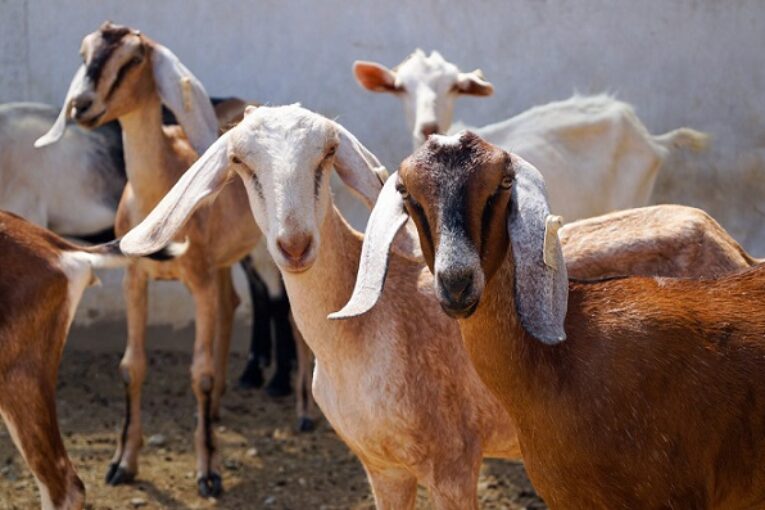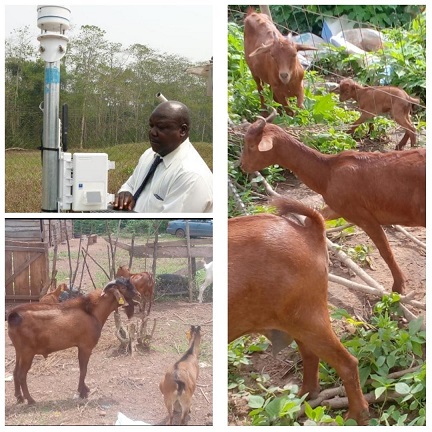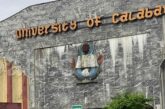
The university said meat derived from the breeds is the healthiest of all red meats, having low fat, calories, low cholesterol, and high in protein.
The Federal University of Technology Akure, (FUTA) said collaborative research between its Laboratory for Geoecology and Sustainable Food System, GeoLab, and Biospheric Scientific Nigeria Limited, BioSci, has come up with a sustainable climate-smart goat/sheep farming.
The outcome of the research titled: “Unlocking the Potentials of Indigenous Goats and Sheep Using Climate Smart Agriculture Innovations,” is a specially bred “FUTASA goats and sheep,” it said.
The university said meat derived from the breeds is the healthiest of all red meats, having low fat, calories, low cholesterol, and high in protein.
“There are three indigenous goat breeds in the franchise programme namely the West African dwarf, the Savannah, and the large Sahel goats,” it said, adding: “The large Sahel goat is a dual-purpose goat with a diary capacity of 0.5 litres per day for between 90 to 100 days.”
About FUTA GeoLab
GeoLab is a laboratory in FUTA’s Department of Meteorology and Climate Science, School of Earth and Mineral Science.
The focal person for the project, Ahmed Balogun, a professor in the Department of Meteorology and Climate Science, said the project which was kick-started in 2021, has developed innovative sustainable goat and sheep breeding strategies.
He noted that the breeds developed through painstaking research are disease-resistant and fast-growing.
He said they are also a low-maintenance hybrid variety of goats and sheep from indigenous breeds.
According to Mr Balogun, Sustainable Climate Smart Commercial Goat/Sheep farming is an emerging agribusiness that can be developed into an efficient value chain.
The professor said: “The collaboration is a climate-smart sustainable commercial indigenous goat and sheep production franchise. The project is also able to provide technical support from production to marketing to individuals who are interested in the business of producing and marketing the special breeds of goats and sheep.”
He said it is a weather-based index assurance for crops and other agricultural products.
The major drive behind the establishment of the Geoecology lab, he said, is to understand the relationship between the environment and agriculture which is only possible by acquiring real data and information from farmers.
“The lab demonstrates the implications and effects of climate change on animal and crop yield and finds sustainable solutions to farmers’ problems. It is a facility that provides short courses for farmers and extension workers to learn how to provide services. It is also structured to provide ICT support and innovations for farmers,” he further explained.





